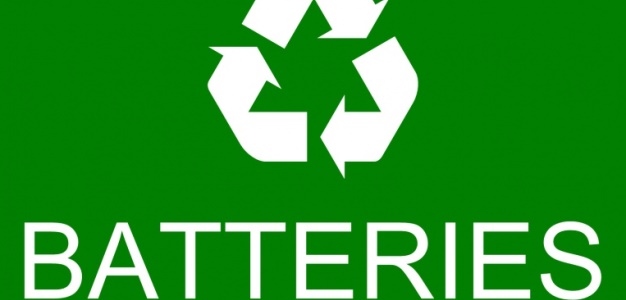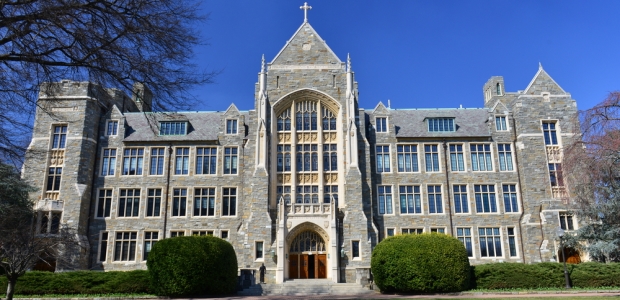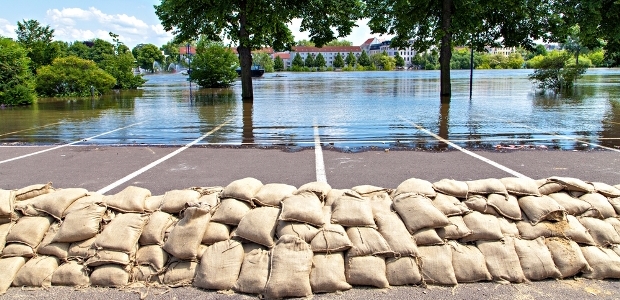
"Since we measure our success by weight, this latest year of growth is even more impressive given that consumer batteries are getting smaller, lighter, and lasting longer than in previous years,” said Carl Smith, CEO and president of Call2Recycle, Inc.

ABB and Solar Impulse have formed an alliance ahead of the plane’s historic round-the-world journey, championing the role of innovation and technology in reducing resource consumption.
Earlier this week, Louisville began ZeroBus service, an all-electric, zero emissions fleet of buses that will be providing free rides downtown. The new buses have replaced diesel-powered trolleys.

A new list by OnlineSchoolsCenter.com has recognized top 50 green colleges and universities in the United States.
Based in Austin, the Oil and Gas Division regulates the exploration, production, and transportation of oil and natural gas in Texas.
The EPA has assigned January as National Radon Action Month and recommends radon testing to help protect you and your family in your home from the toxic gas.

Going into the New Year, the USGS reflects on the natural hazards of 2014 as a reminder of the dangers we face and the need for preparedness to save lives and property.
Despite setbacks at earlier communities, Mutual Housing California chose many innovative technologies for their latest addition, a 62-home community for agricultural workers on 3.28 acres in Woodland, Calif.

A Khulna University team's study reveals the food chain of aquatic species living in the Sundarbans has been severely disrupted by the December 2014 Sela River oil spill.
- By Abu Saleh Md Golam Kibria
The city government has pledged to come into compliance with the Clean Water Act after years of releasing untreated sewage from its municipal sewage system.

A panel of the U.S. Court of Appeals for the District of Columbia Circuit ruled unanimously Dec. 23 that EPA cannot regulate spent lead bullets and shot.

The National Hockey League announced a new partnership with Constellation, an energy and services company, that makes the company its official preferred energy provider. The league calls it the most significant environmental partnership of any sports league in the world.
"Abigail Hopper's knowledge of the energy sector, experience working with a wide variety of stakeholders, and her legal expertise will be valuable assets to the bureau and the department as we continue to ensure the safe and responsible development of our domestic energy and mineral resources and stand up an offshore wind program," Interior Secretary Sally Jewell said.
The agency has installed a NextGen video kiosk in the main lobby of Terminal 5 so passengers can see how the technology will work to enhance their flying experience--making it safer, faster, and cleaner for the environment.

A new economic and policy analysis concludes that the hydraulic fracturing (HF) or “fracking” being done in Texas is adding to the state’s overuse of its water resources, but is only part of the state’s water problem.
Matthaios Fafalios, 64, a resident of Greece, was convicted in connection with his actions prior to and during a U.S. Coast Guard boarding of the vessel M/V Trident Navigator in January 2014.
Mexel USA LLC announced an agreement with the University of Michigan to perform a 12-month demonstration of the Mexel 432/0 cooling water treatment on a system servicing buildings on the Main Campus. During the demonstration, small amounts of Mexel 432/0 will be injected into recirculating cooling tower water to address a number of fouling problems that can adversely affect operations and energy efficiency.

The order for 365 V52-850 kW turbines was placed by Lake Turkana Wind Power Ltd. The project is expected to be Africa's largest wind power plant when completed in 2017.

Disasters such as floods and storms have led to several high-profile disruptions of Europe's transport network over the last few years. As the climate changes, the transport system urgently needs to adapt, according to a new assessment.
Gary Southern was arrested Dec. 8 and made his initial court appearance before a U.S. Magistrate Judge in Ft. Myers, Florida, U.S. Attorney Booth Goodwin announced.